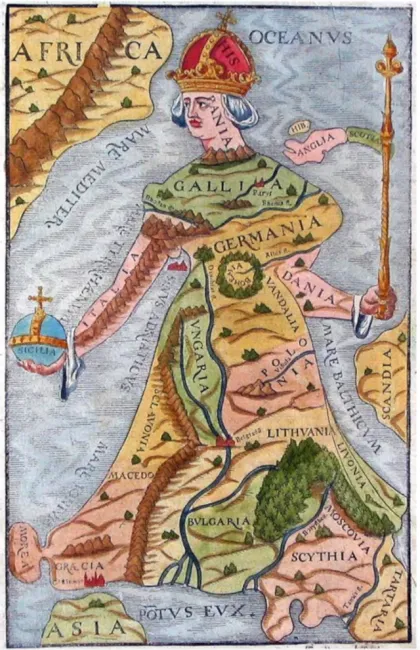The Epistles of Paul - 1 Corinthians Part 4: The Eternal Spirit of the Adamic Man
We were informed that the original recording suffered some unexpected whitespace, and we replaced it with a recording of our own making on Sunday evening (approximately 7:30 PM Eastern US time and after 336 downloads). We apologize for any inconvenience. - William Finck
The Epistles of Paul - 1 Corinthians Part 4: The Eternal Spirit of Man
In our presentation of 1 Corinthians chapter 2 we saw that in Paul's writings the phrase mystery of God does not mean to identify a mystery about God but rather it pertains to what God had announced in the prophets concerning that which He would do with His people Israel. This idea is encapsulated by Paul in 1 Corinthians chapter 2 in his expression in verses 7 and 9, omitting the parenthetical remarks of verse 8, that “... we speak wisdom of Yahweh, that had been hidden in a mystery, which Yahweh had predetermined before the ages for our honor … just as it is written, 'Things which eye did not see, and ear did not hear, and came not into the heart of man, those things Yahweh has prepared for them that love Him'”. With this we may indeed perceive that this mystery which Paul refers to relates not to God, but to His plan for His people. Accompanied with that concept, we also saw that the spiritual things of Yahweh are revealed to us by His Word. Further supporting this assertion is the very next verse of that chapter, verse 10, where Paul explained that the things God has in store for His people are revealed to them through His Spirit, in concert with the Word of God found in Zechariah chapter 7, where it quite notably refers to “the law, and the words which the LORD of hosts hath sent in his spirit by the former prophets”.

 The text of Luther's treatise is found in the References section of Christogenea.org. The text of Luther's treatise is found here:
The text of Luther's treatise is found in the References section of Christogenea.org. The text of Luther's treatise is found here: 





 Please click here for our mailing list sign-up page.
Please click here for our mailing list sign-up page.







